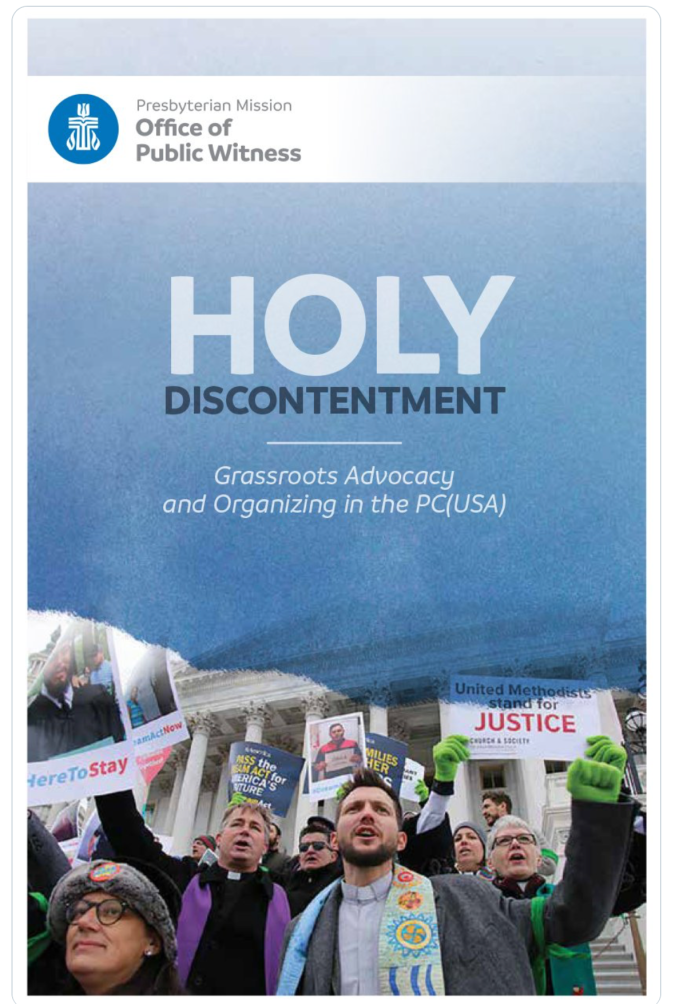
By what metrics should Christians measure the success or failure of their charity, mission and compassion?
Introduction
It is long past time for Christians, particularly those who find themselves in Mainline Denominations, to reconsider their responsibilities with regard to charity, mission and compassion. For generations we have operated under the unexamined assumption that these Christian duties are best accomplished by the giving of material resources to the poor and oppressed. This assumption has driven both public policy and in person charitable efforts.
But at some point the question “Is it working?” must be asked and honestly answered if our goal is to truly benefit the poor and oppressed. And before that, we must determine the metrics by which we measure progress or lack thereof.
 I began to indirectly raise these questions in a 2017 series of posts titled Mainline Christianity and Progressive Politics. My primary goal was to examine the almost complete overlap of partisan Progressivism with Mainline political action. However, in the fifth post of this series I introduced the specific case of Chicago, and pointed out that from the perspectives of crime and education Progressive public policies had not just failed, but had created an apparently permanent underclass. I closed this post with the following comments.
I began to indirectly raise these questions in a 2017 series of posts titled Mainline Christianity and Progressive Politics. My primary goal was to examine the almost complete overlap of partisan Progressivism with Mainline political action. However, in the fifth post of this series I introduced the specific case of Chicago, and pointed out that from the perspectives of crime and education Progressive public policies had not just failed, but had created an apparently permanent underclass. I closed this post with the following comments.
These catastrophic failures, despite the incessant insistence on their benevolence by Progressives, Christian or otherwise, forces us to wonder about the relationship between intentions and results. That is, if someone does things or supports policies because of “good intentions,” is that sufficient in and of itself as an act of charity? Or, does their moral responsibility extend to the realm of demonstrable results? These two philosophies lead to very different attitudes towards how best to help the poor, with corresponding differences in practical policies.
From there I examined in some detail the differences between “intentions based” and “results based” charitable philosophies, including two specific case studies. In the ninth and final series post I introduced and discussed the concept of “moral hazard” within context of Mainline Progressive politics and associated charitable activities. A useful definition for this term is:
Moral hazard is a situation where somebody has the opportunity to take advantage of somebody else by taking risks that the other will pay for. The idea is that people might ignore the moral implications of their choices: instead of doing what is right, they do what benefits them the most.
A year later I again picked up this line of inquiry, this time within the context of Socialism (Questions for Socialists, four posts total). This is deeply relevant, as it is by this ideology that the Progressive Left, most definitely including many in Mainline Christian denominations, propose to deliver their vision of utopia.
A Thought Experiment
Let’s imagine that there is a group of people who self-identify as protectors of the world’s poor and oppressed. Members of this group continually boast about their good intentions for and practical expertise in improving the lot of humanity. However, as a practical matter, we all know that what is said is not always what is actually in the heart. Therefore, there is need for a means by which to determine if these people really care first and foremost about improving the lot of the poor and oppressed.
Let’s assume that in a specific nation the ideology and associated means by which these people propose to improve the world are embraced and implemented. And, that the leadership of this group publicly and forcefully voice their support.
But something goes terribly wrong, and rather than the expected advance towards utopia the country descends into poverty, chaos, violence and starvation. The fact of this utter failure is unavoidable and undeniable. Thus, the leaders of this group must decide how to respond.
Response #1
It turns out that these leaders do indeed care first and foremost about the plight of the poor and oppressed. Therefore, they enter into a state of public repentance followed by a ground-up reassessment of their ideology to determine what went wrong. Although they may not (or may) throw out all of their ideology, they do honestly look into where it has led to the policies that resulted in such terrible human suffering. After this process they reengage in the public debate, admitting their failures and seeking to advance updated solutions that they honestly believe will lead to improved human well-being.
Response #2
It turns out that these leaders didn’t really care about the plight of the poor and oppressed. What they were really doing was to use their pretense of virtue to obtain the power by which to arbitrarily and capriciously rule over others. Therefore, they fall silent for a time and then begin making up excuses for this humanitarian catastrophe. These excuses place the blame everywhere but on the ideology and policies that they use in their advance towards worldly power. They never acknowledge that they had previously supported this practical application of their ideology in a specific country, hoping that it will all be forgotten.
They also, over time, have built a predictable track record of support followed by silence followed by excuses as their ideology repeatedly fails miserably to deliver the promised results. And yet they continue pretending to be the morally superior elite whom we should follow with unquestioning obedience.
It is from here that I intend to begin a reconsideration of our Christian responsibilities with regard to charity, mission and compassion.
